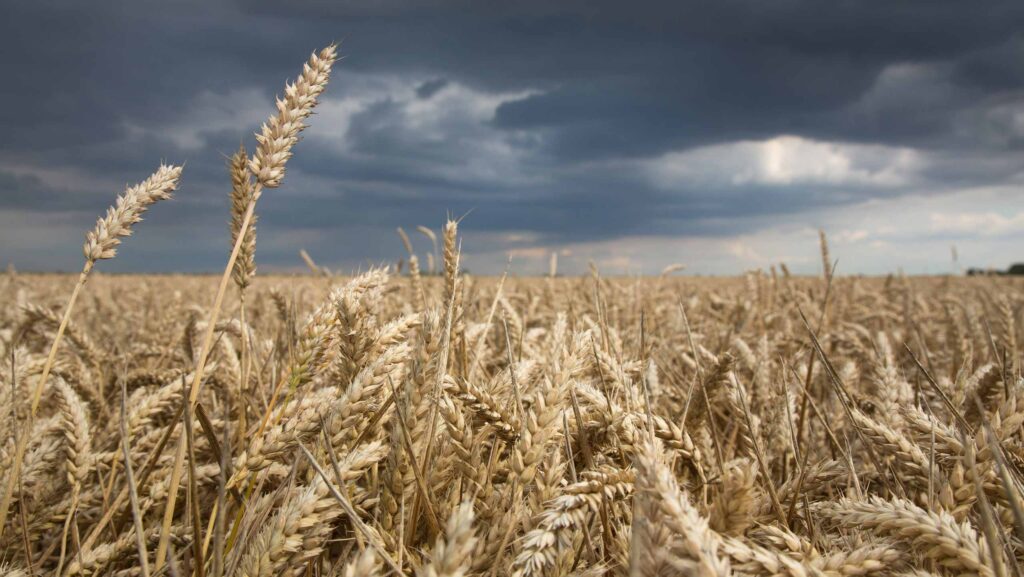Climate-induced food shortages could cause civil unrest
 © Tim Scrivener
© Tim Scrivener Farmers have warned that more extreme weather in the UK is likely to be the main cause of food shortages in the next decade, which could in turn lead to civil unrest.
That is the standout finding of new research by Anglia Ruskin, York, Bristol, East Anglia and City universities into the factors driving food insecurity.
See also: Harvest highs and lows from Arable Insights farmer panel
Asked what might cause food shortages in the years to come, three-quarters of farmers identified “extreme weather events” as a risk factor.
More farmers were concerned about this as a cause of food insecurity, compared with any other cause, including war, trade deals, and rising production costs.
Total food output was also seen as more significant than food distribution.
Will White, sustainable farming coordinator at Sustain, said: “This evidence underscores the urgent need to address the threats to food security posed by extreme weather, a consequence of the ongoing climate crisis.
“Food security and a healthy planet are two sides of the same coin.
“That’s why it would be a real mistake for the government to cut its investment in nature-friendly farming in the upcoming budget, which is fundamental to safeguarding long-term food security.”
Worse to come
The views were endorsed by arable farmer and chief executive of the Nature Friendly Farming Network, Martin Lines.
“This year has brought unprecedented weather challenges for thousands of farmers. While I don’t want to face another year like it, we know we can expect more of this, and worse, in the future,” he said.
“The biggest threats to our food security come from climate change and nature loss. Farmers urgently need ambitious support to make their businesses and land healthier and more resilient.”
Sustain notes that UK vegetable production alone has fallen by 2.2m tonnes, or 5%, in recent times, while results from Defra’s June census this year point to a significant contraction in the numbers of breeding sheep, cattle and pigs.
